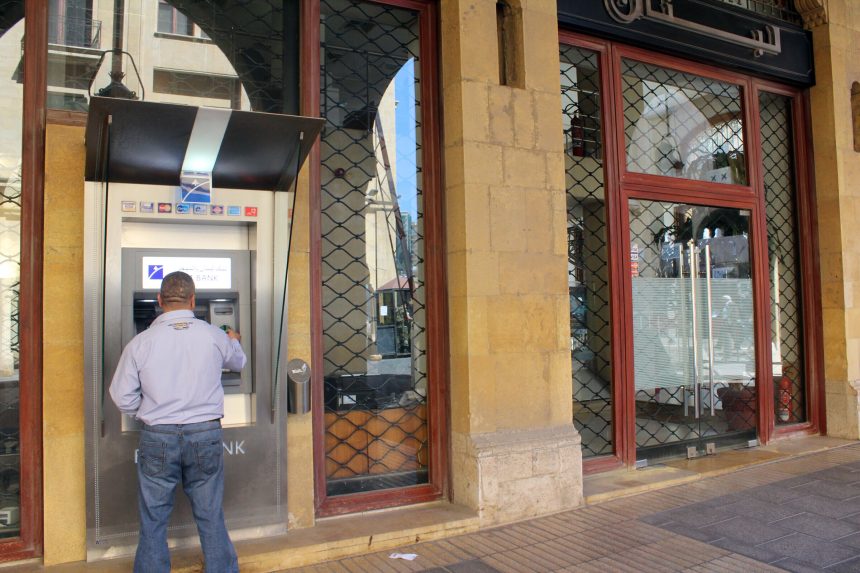The banking crisis has surged back into focus with the unveiling of a draft law on February 8, 2024, aimed at restructuring banks in Lebanon. This move has triggered a barrage of objections, criticisms, and responses, particularly from depositors and banks, owing to its proposal for substantial deposit haircuts and bank liquidations.
LIMS has highlighted that this draft law absolves banks of their responsibilities towards depositors, hoping that this may restore confidence in both the Lebanese economy and the banking sector. However, LIMS contends that the law will not restore confidence. Its treatment of depositors is unjust and fails to address the underlying issues that precipitated the crisis.
To fortify the banking system and avert future crises, LIMS advocates for three crucial reforms: Firstly, a prohibition on banks depositing their funds in the central bank, a practice often likened to a “Ponzi scheme” within the context of Lebanon’s banking turmoil, must be explicitly banned. Secondly, the Lebanese government should be barred from borrowing from the central bank, a measure that has contributed to monetary stability over the past six months and should be enshrined in law. Lastly, stringent restrictions should be placed on the central bank’s ability to print excessive amounts of Lebanese pound (LBP) not fully backed by US dollar reserves at a fixed exchange rate.
LIMS emphasizes that failure to implement these reforms could impede efforts to rebuild trust in the banking sector, even if the immediate deposit issue is liquidated.
- Will Lebanese Expatriates Bear the Cost of the Banking Crisis? March 13, 2024: SBS, Radio Interview AR
- The Necessity Of Banking Reforms To Restore Confidence In The Lebanese Economy, March 28, 2024: Al Jadeed, TV Interview AR

